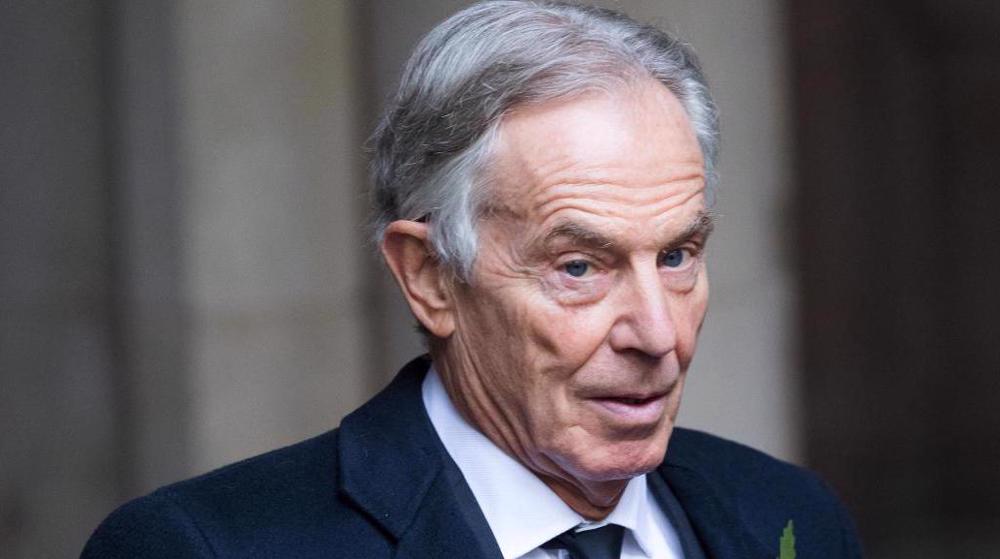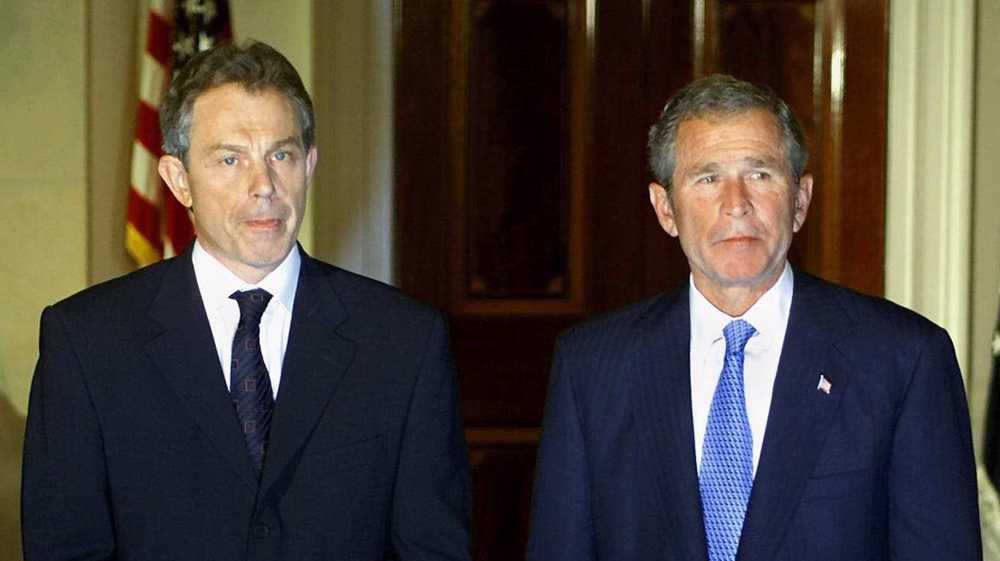UK MPs no longer exempt from surveillance
Government lawyers are saying that a 50 year old political convention which states that the UK's intelligence agencies will not intercept the communications of MP's and those in the House of Lords will not be able to continue as we now live in an age of bulk interception.
The Wilson Doctrine that was outlined by the former MP Harold Wilson says that the intelligence agencies should not spy on MP's or member of the House of Lords.
The convention initially said that the agencies could not tap the phones of MP's or peers but was taken further by former Prime Minister Tony Blair who included all forms of electronic communications, most notably emails.

Observers see the doctrine as an anti-democracy law prevailing in UK for many decades. The idea of exempting MPs from intelligent agencies spying is an insult to democracy, said Senior Analyst Foreign Policy in Focus,Jan Williams to Press TV.
He referred to the hot debates over the right to scrutinize of MPs in UK saying the Wilson Doctrine stands in direct contradiction of democratic values in the country.
The analysts emphasized that the immunity has paved the way for growing corruption among the politicians adding over the past decades there has always been cases of corruption among the MPs. He said as result of that, the MPs should always be subject to scrutiny as measures like this would prevent them from getting involved in corrupt cases.
The investigatory Powers Tribunal (IPT) are being asked to rule whether the Wilson doctrine is legally enforcible. The GCHQ has already changed it's guidelines in March where it decided the convention does not need to be applied to Scotland, Wales, Northern Ireland and members of the European parliament. This decision was met with harsh criticism with critics suggesting that the Conservative government are acting in a manner that suits only them.

Nicola Sturgeon the First Minister of Scotland said she understood spying on MSP's could take place but only in truly exceptional circumstances that involved national security. She told David Cameron “In the vast majority of cases the confidentiality of communications between parliamentarians and their constituents is of the utmost importance”
The intelligence services have come under fire of late for their continued surveillance that critics believe to be unnecessary. Some argue that it is an abuse of power and there needs to be some form of accountability put in place to prevent them for acting beyond their remit.
VIDEO | Sydney protests demand action as Israel faces ICC warrant for war crimes
Iran to host ‘important’ ECO foreign ministers' meeting in Mashhad
Wounded in Israeli strike, health of Kamal Adwan Hospital's director worsens
VIDEO | Press TV's News Headlines
Iran reports 11% drop in domestic red meat supply
Arab League affirms support for Iraq amid Israel's threats of military action
VIDEO | Fierce fight in Southern Lebanon
Over 1000 medics killed in Gaza as Israel systematically targets hospitals









 This makes it easy to access the Press TV website
This makes it easy to access the Press TV website